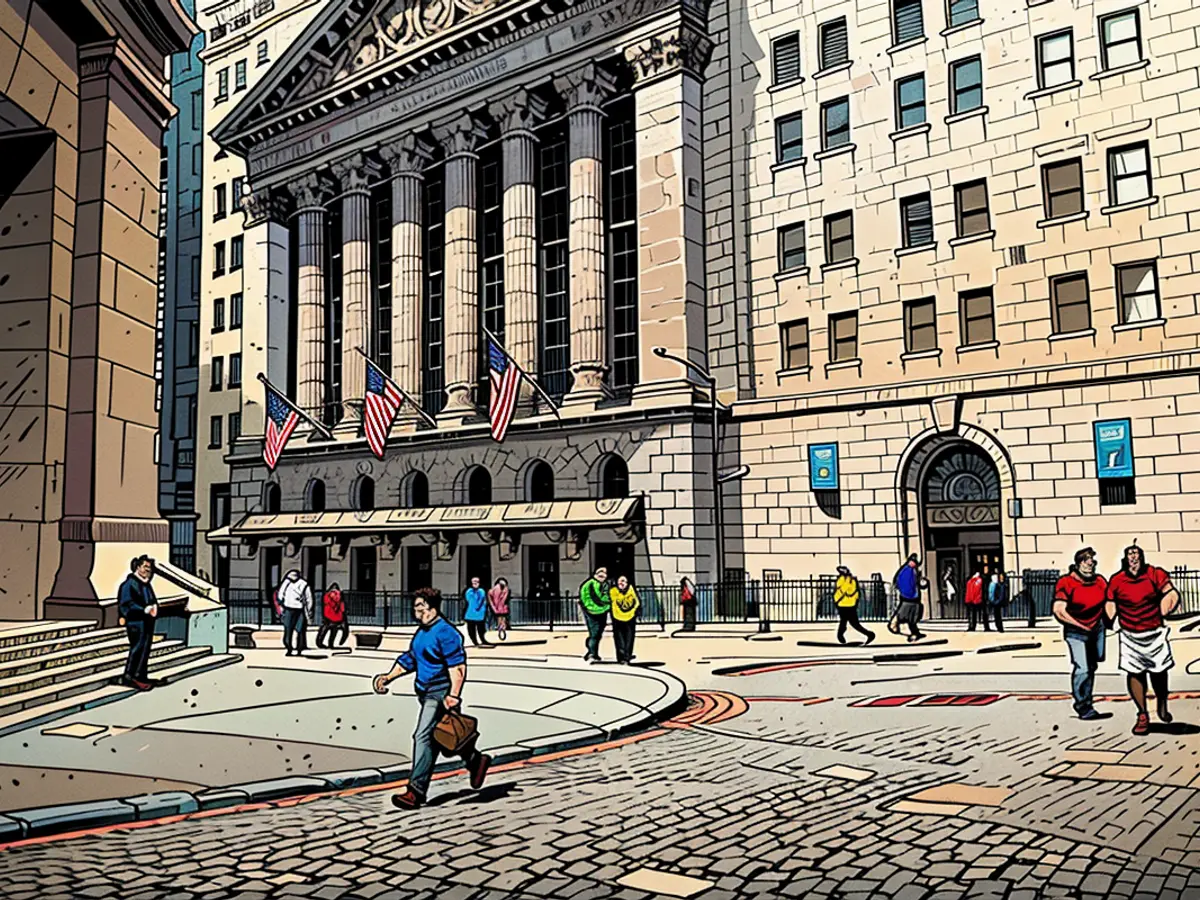Texas Prepares to Challenge Wall Street as BlackRock Supports Launch of New Stock Exchange
A fresh national stock exchange, located in Dallas, and funded by Wall Street bigwigs like BlackRock and Citadel, is aiming to compete against the well-known New York Stock Exchange and Nasdaq.
The recently established TXSE Group revealed its intentions to register with the US Securities and Exchange Commission by the end of this year. With more than two dozen backers and a $120 million investment, it's the most well-funded exchange contender yet to submit a filing to the SEC.
"We're excited to finally make real the long-held dream for a national stock exchange in Texas," said TXSE Group founder and CEO James Lee in a statement last Wednesday. "Texas and the other states in the southeast quadrant have transformed into economic heavyweights. In addition, we're witnessing a swelling desire among investors and businesses for more options to buy and list their equities, making this an ideal moment to build a significant, national stock exchange in Texas."
The Group expressed interest in tapping into the more than 5,200 private equity-sponsored companies in the area that may consider going public.
Lee informed The Wall Street Journal that the group intends to commence its exchange in 2026.
The dilemma of going public
The United States has lost almost half of its public companies since the 1990s. In 1996, there were 8,000 firms listed on US exchanges. Today, that figure has shrunk by over 50% to just 3,700, per data from the Center for Research in Security Prices.
It's not that the United States has fewer companies than 30 years ago — it's that companies are more frequently remaining private, mostly free from public scrutiny and markets.
Intensified reporting requirements, escalating legal expenses, burdensome regulations, bureaucratic board governance, shareholder activism, greater public observation, and the strain of quarterly earnings have driven companies away from public markets.
The number of private equity-sponsored firms in the US has multiplied nearly five times more than the number of publicly held companies, as per economists at Wells Fargo.
This trend has been ongoing. In 1999, the average US technology firm shifted to the public markets after four years, as per Wells Fargo research. By 2019, that figure had increased to 11 years.
"Companies that remain private can evade the weight and expense of regulatory requirements and concentrate on long-range strategic objectives," they stated.
Jamie Dimon, CEO of JPMorgan Chase, voiced concern regarding these developments in his annual shareholder letter in April. "This trend is alarming," he wrote. "We truly need to ponder: Is this the result we want?"
The TXSE Group shared its plans in a press release on Wednesday to ease some of this pressure.
"TXSE's proposed launch occurs as changes in the equity markets create room for more harmony and competition," they wrote. "Corporate issuers and exchange-traded product sponsors are calling for more stability and predictability in terms of listing standards and associated costs. TXSE intends to extend investment opportunities to U.S. capital markets for all investors while providing greater access and alignment for public companies and those looking for public capital."
Although the most popular exchanges in the U.S. are situated in New York City, there are approximately 13 stock exchanges throughout the country, including in Philadelphia and Miami.
This exchange, according to Lee, would primarily focus on listing businesses in Texas and the southeast quarter of the United States.







